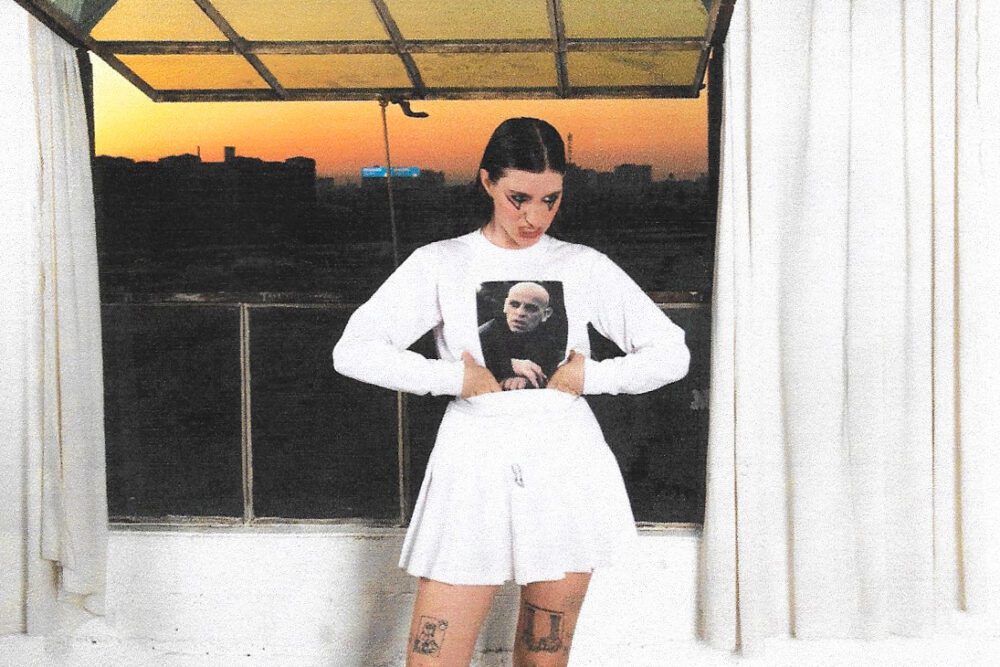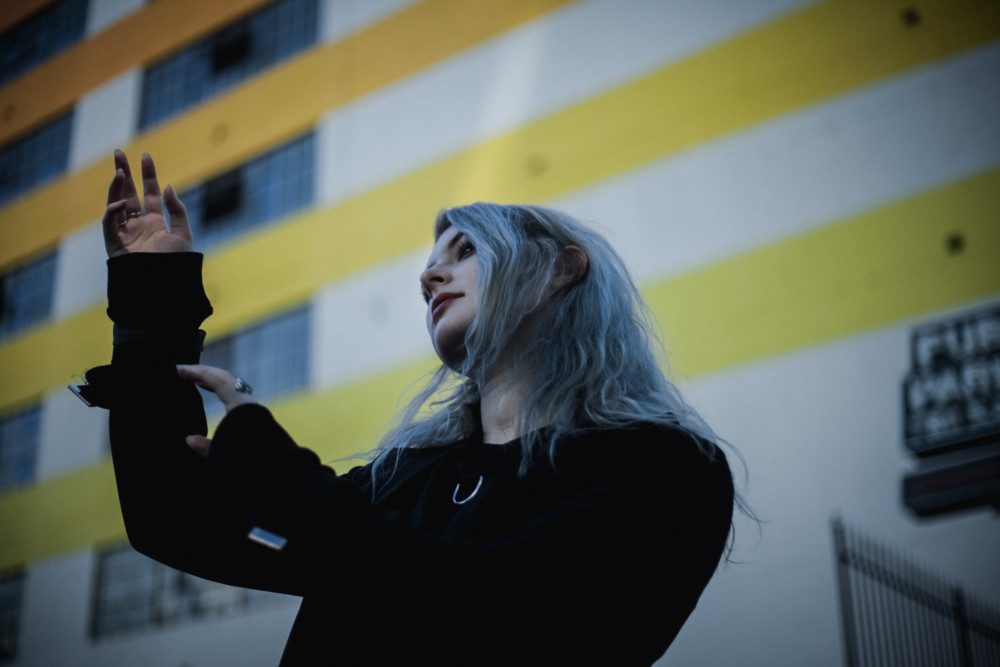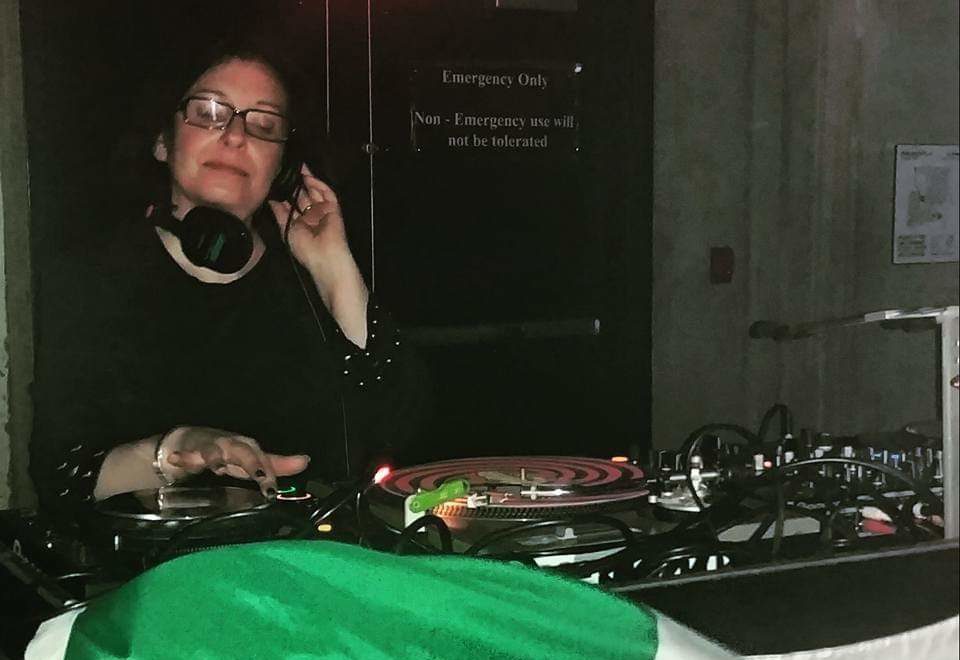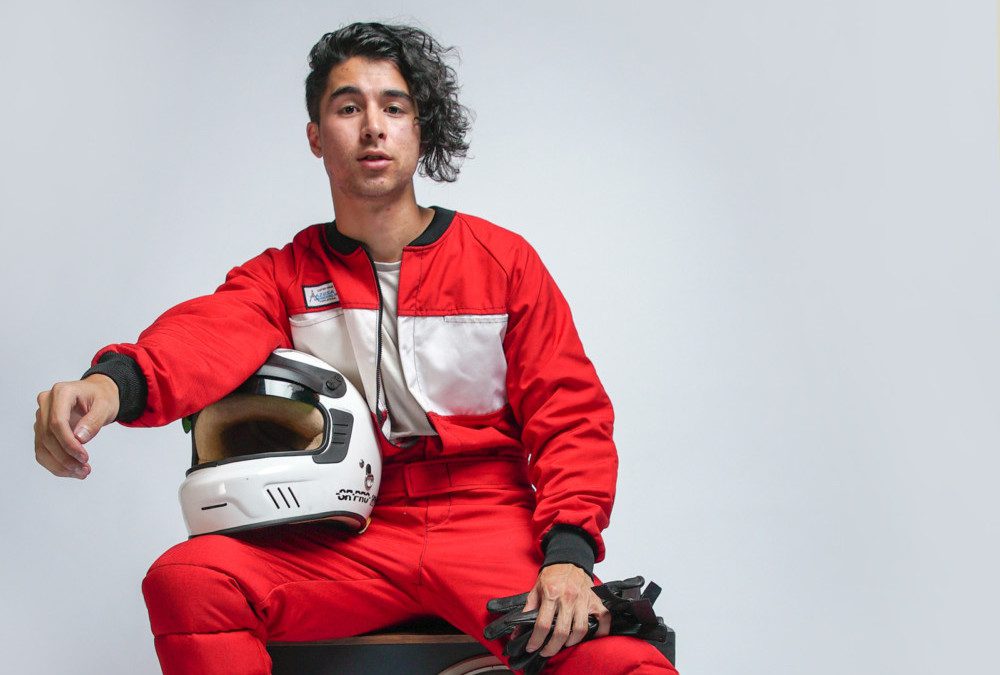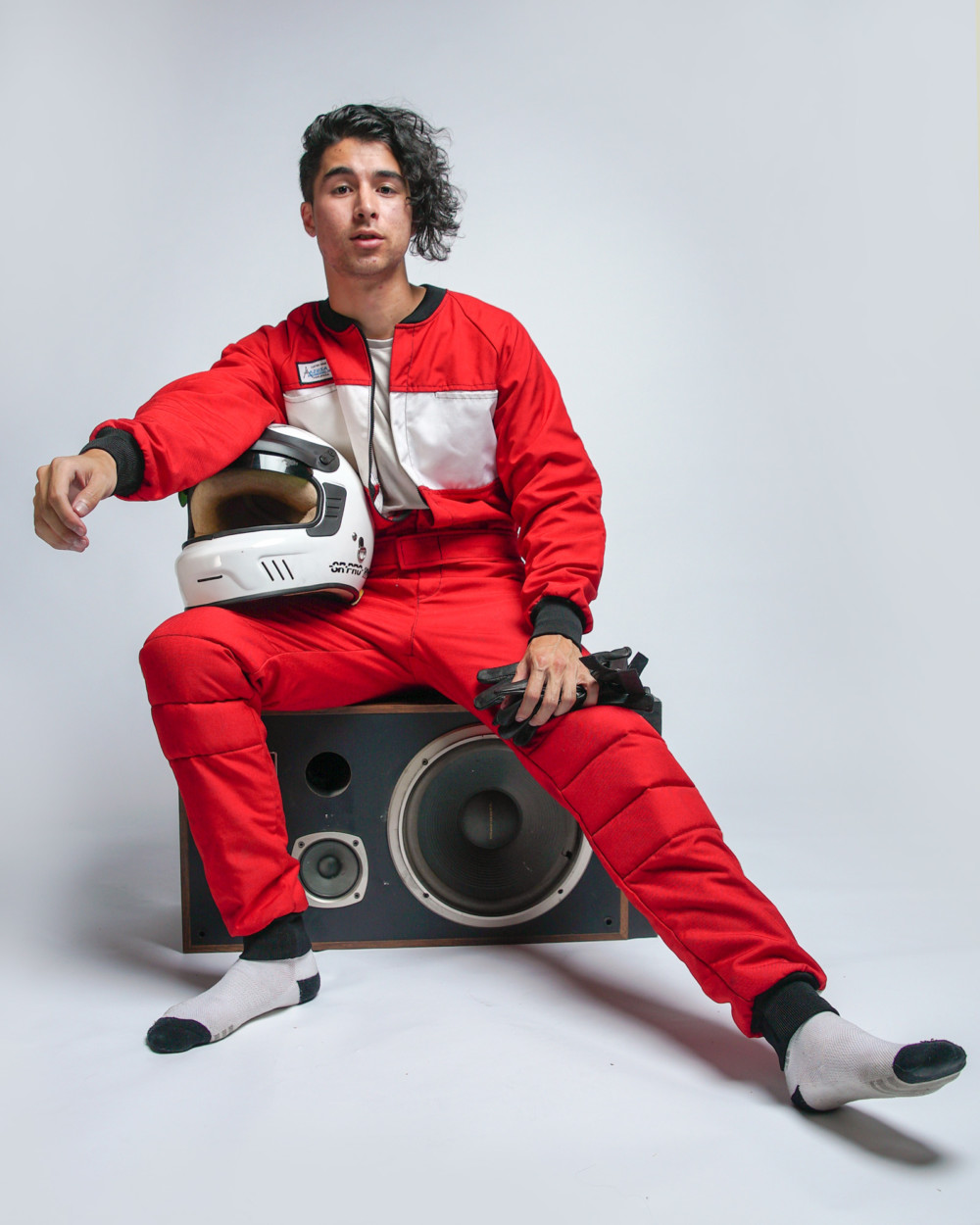PREMIERE: Bay Area Neo-Soul Artist Simha Examines Imposter Syndrome on New Single “Losing Focus”


Growing up in the musical melting pot of the Bay Area, neo-soul singer-songwriter Simha gained an ear for both western and eastern musical influences. He seamlessly weaves elements of the Indian classical music of his heritage with jazz and soul sounds, the result being a lush, ethereal vehicle through which he expresses his emotions. He premieres single “Losing Focus” on Audiofemme today.
The song deals with the idea of “imposter syndrome,” a term that’s entered the popular lexicon to loosely mean doubting your abilities and feeling like a fraud. Simha says that for himself, it manifested as “feeling like doing music was not really something I was good at.” Collaborating with others in the past has helped keep that feeling at bay, but the pandemic forced him to adapt, to look inward and write alone. Though his imposter syndrome initially saddled him with a bad case of writer’s block, “Losing Focus” helped him dig out of it.
“I ended up writing the whole song by myself, and it was a lot of just sitting with myself, and trying to be as honest with myself as possible,” he says. “I still deal with it…but I think now rather than it being, ‘Oh no, this isn’t good enough, no one’s gonna like this,’ it’s more leaning into it and just saying, well maybe the fact that I feel insecure about this might change something about the way I write, or create something new in the music that might capture a different feeling for me.”
And it worked! The solitary time helped Simha to dig into his roots in Indian classical music in a way he hadn’t before, inviting his mother to play the tabla, an Indian percussion instrument, on the track. Simha’s mother had enrolled him in Indian classical music classes as a child and practiced with him at home, but collaborating together as two adults was a new experience for them both. “Being able to recreate that experience [of making music with my mother] was really important for me, because it pulled me back to the idea that music isn’t just work for me, it’s fun for me, you know? It’s something that really grounds me to my heritage,” he explains. “We were charting new territory together, and it was really fun, because I think she also discovered new things about herself when it came to her creative process and her expression, just this new thing she’s never done before. It was really insightful and really a beautiful process.”
The result is profoundly unique. The tabla rhythms weave in with jazz and soul sounds, all layered under Simha’s smooth vocals and deeply personal lyrics. A lifelong fan of jazz, soul, and neo-soul, he lists Donny Hathaway, Stevie Wonder, Lianne La Havas and Erykah Badu as major influences. They all shine through, but spliced with Simha’s beautifully intentional cultural injections it becomes something all his own.
He’s working on an EP to hopefully drop late in the summer, and seeking opportunities to perform outside under remaining COVID restrictions. As a queer artist of color, he says that the “biggest thing for me on this EP, that drives it, is mental health, and specifically mental health awareness for queer BIPOC in the music industry.” The EP will emphasize these themes, and while he works on it, he’s collaborating with artist Emma Timberlea Brown (who designs his cover artwork as well) and an organization he started with some friends called The Humxn Collective to drop a merch line where 50% of proceeds will go to an organization that connects queer BIPOC creators with therapists in their own communities. “I’m really excited about that because the biggest thing I really want to do with this project is give back to the community that has basically raised me,” he says. “For the longest time, if it wasn’t for this community, I would be so lost. The influences I get, the support that I get, is really through how tight-knit this community is. I can’t stress that enough, and I’m really grateful for it.”
There’s no doubt that Simha’s community plays a role in quashing that pesky imposter syndrome by allowing him to see the beauty he is capable of offering to the world. He notes that “there’s so much amazing art that has come out during this time, which has been inspired by so many different things, so it’s really beautiful.” Simha’s art was part of this, and even if he doesn’t always see it, it matters.

